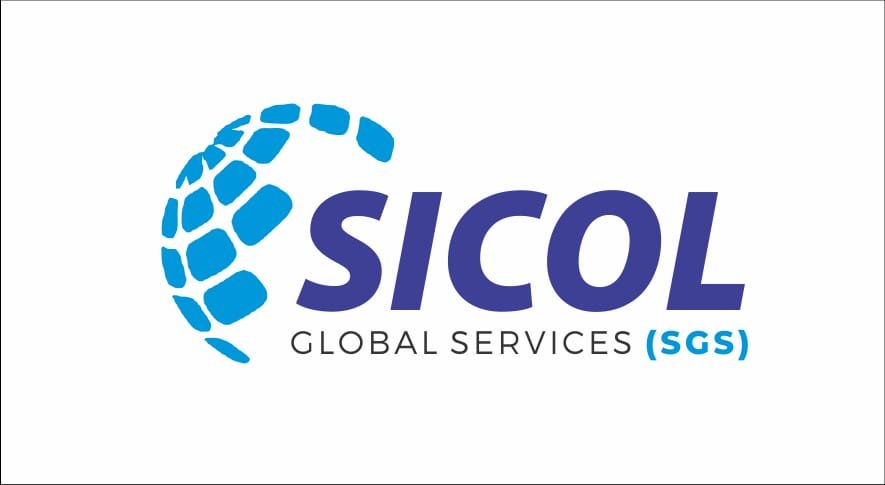17 March, 2023
10 reasons why you should go into accounting

Accounting. A word that is sometimes followed by “dry” or “maths” – but it’s so much more than just lines of numbers and calculations. Don’t believe us? Here are some reasons why accounting and accountancy are so much more than you might first think.
1.It’s not just for the maths whizz
Whilst numeracy is important, there’s so much more to accounting than numbers. Modern software does many of the calculations and number crunching for you anyway, so good communication, advisory, and guidance skills are much sought after.
2. Everyone needs an accountant
You can really choose any industry to work in – whether that’s film or football, science, fashion, entertainments or retail – every business needs a finance professional to help manage and advise them.
3. Travel the world
As an accountant the world really does open up. The skills you learn are needed everywhere, in every business. And if you’re a member of a globally recognised body such as ACCA, you’ll find that you can move to your dream city and work in a respected position in any company.
4. No degree? Doesn’t matter!
You will find accountants with degrees, but a lot don’t have them because they don’t need them. That’s right – accountants don’t need to have a degree to succeed. If you do have one, you might be able to skip a few exams, but often it doesn’t matter whether or not you have been to university.
You can start AAT with absolutely no accounting knowledge, and work your way up to the advanced qualifications in due course.
5. Demand a high salary
Newly qualified accountants start at around £42,000* a year, a chartered accountant can earn around £55,000* a year, and a Chief Financial Officer can earn well over £100,000* a year. But salaries can vary, depending on where in the world you are, the sector you’re working in, and your experience.
6. Be your own boss
You don’t have to work for a company, you can work for yourself, picking and choosing your clients as you see fit.
Your skills will be invaluable to any business – and you might find that being an accountant for lots of different small businesses may suit you better than being an in-house accountant. It can suit those who have busy home lives, or need a bit more variation in their working life.
7. Job security
Businesses will always need accountants, so accounting is a very stable industry to work in. While no field can guarantee anyone a job, the prospects in accounting are excellent and are likely to stay that way.
8. Choose what you really want to do
Accountants aren’t just there for looking at lines of numbers. If you are really interested in a particular area of finance, you can specialise. So if you really like tax or audit, you can follow that path.
Or if you’re looking for something more investigative, try forensic accounting – remember – accountants took down Al Capone!
9. Gain invaluable transferable skills
The skills you learn and develop as an accountant are easily transferable to other roles and sectors. For example, accountants can go into teaching, trading or recruiting, so if you ever want a change of scenery you will have plenty of other options to choose from.
10. Make a real difference
Finance professionals do much more than just crunch numbers. Accountants are required to have technical abilities and commercial acumen so they can advise decision makers on strategy and business processes.
A good accountant can steer a business or organisation in the best direction to make real differences. For example, you could be working for a charity and discover a way to make the absolute best use of every penny that comes in, changing the lives of those that the charity supports.
Interested in accounting?
If you’re just starting out, have a look at our AAT pages for more information about entry level qualifications. If you’re looking to advance your career with an advanced qualification, have a look at our ACCA and CIMA pages.
The Finance Industry Is Constantly Evolving
The world of finance has grown beyond traditional big banks. SoFi, Stripe, and Coinbase may not have existed a decade ago, but they have since revolutionized student loan financing, payment technology, and cryptocurrency, respectively. Understanding finance can help you keep up with the growing field of financial technology, also known as “fintech,” whether you want to work in the industry or become a conscious consumer of its products.
You’ll Become a Stronger Problem Solver
Yes, finance involves formulas, Excel spreadsheets, and ratios. But it also involves analyzing these numbers and turning them into actionable business insights. For example, consider the concept of value and its role in business decisions. Learning finance will teach you how to understand the difference between price and value, how to create value, and how the future affects value today.
Learning how to take quantitative data and use it to solve problems and make sound business decisions is a valuable skill that can serve you in your career now and in the future.







